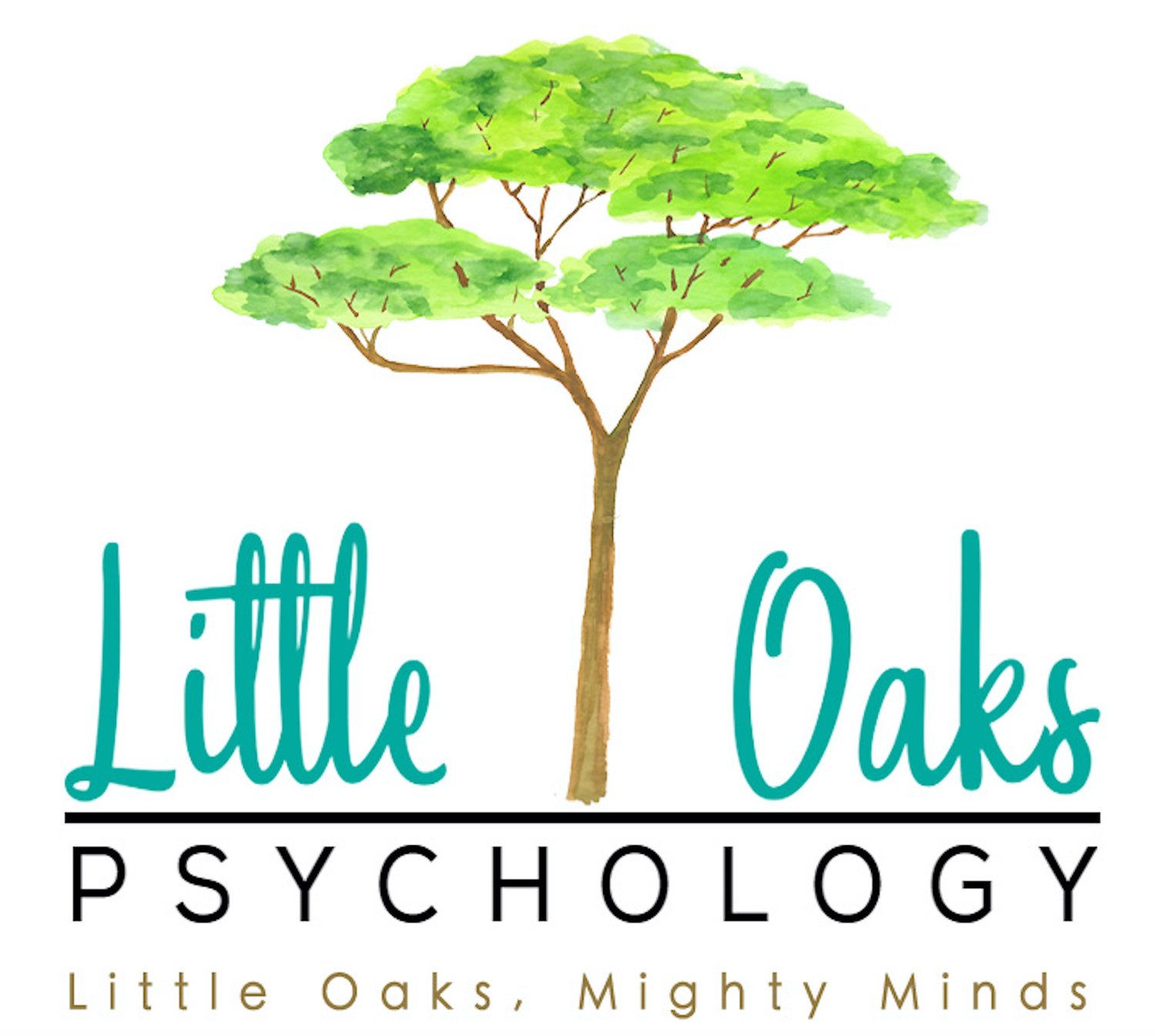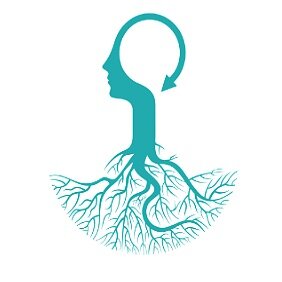The Mind Body Axis: 10 Steps to Wellness
/Much of what we put into our body, and what we do with that energy is interconnected with our mental health. As a follow-up to my previous post, I wanted to share a list of steps to help you on your wellness journey and hopefully create a stronger understanding of the connectedness between the mind and the body. There is proficient research backing each of these elements and the ways in which they provide benefits (both cognitive and physical) and how they link to positive effects on symptoms of ADHD, depression, and anxiety. Coming from someone who has lived with all three of these challenges plus some others, I know first-hand how changes in our lifestyle can greatly affect how we function and [prosper] in our lives. If you are looking to make changes in order to complement a newly adopted mental health routine or have tried other routes to wellness for various reasons- These 10 steps are a starting point to guide you on your holistic journey. It may seem daunting at first, however, making even small micro-adjustments can benefit you exponentially and I encourage you to take the first step towards living your best life!
1. Get Moving
I know it is the most obvious and over-used step to wellness, however, there are many studies that show a strong connection between an active lifestyle and a reduction in both anxiety and depression (Ng et al., 2007). From a personal perspective, having ADHD and other mental health concerns over the course of my life, exercise helps me to feel like my best self. It also contributes to other important factors such as focus, mood regulation, gastrointestinal health, and regular sleep patterns.
2. Nutrition
Following a healthy nutritional diet really go hand and hand with exercise. Again, everyone is different, and I do not expect you to go start an entirely new way of eating. In fact, a shocking statistic is that 90% of individuals who take part in a fad diet relapse. This should not be a deterrent to change unhealthy eating habits but an encouragement to keep things simple. Following the new Canada Food Guide (2019) is a great reference if you are not sure where to start. It’s as simple as adding in more fruits and vegetables as well as lean and plant-based proteins that can play an integral role in our mental health. I will be posting a book review later this month on Beyond the Label (Bjorndal., 2017), a wonderful book that provides an in-depth discussion of nutrition, physical activity, and the effects they have on our mental health. If you are looking for more information on nutrition this book is a great starting point, or consider seeing a naturopathic specialist.
3. Sleep
Alongside nutrition and exercise is sleep; Together these three create what many call the wellness trifecta. The majority of us are not getting enough sleep. This can affect not only the way our brain works but can counteract the effectiveness of any nutritional or exercise changes we might be making. Make a point of creating a healthy sleep schedule for yourself and bring attention to things that might be altering it. No different from babies, sleep is where we heal and grow. Do not underestimate its power.
4. Connect and be social.
I realize currently this can be a complicated step, however, there are many great options out there that can keep us connected and social until we are able to gather once again. Being social and connected will also look different to everyone. Studies have shown us that social connections and friendships can increase our health and quality of life and possibly even our overall lifespan (Taylor et al., 2000).
“Individuals who feel supported by their close friends tend to live longer, stay healthier, and have a more positive outlook when faced with adversity (Taylor et al., 2000)”.
5. Be still. Be mindful.
On the other side of the social spectrum is our connection to self. Take time to be still, and slow down. We live in an incredibly fast-paced society, and even with a global pandemic, it seems our lives have not slowed down! Taking a moment to notice your breath. Check-in with how you are feeling and sit with those emotions. Connectedness to self, to others, and to earth, is a way in which we fill our spiritual domain. Some individuals even refer to this connectedness as conscience. Listening to, and following the voice within yourself.
6. Embrace nature.
This one really speaks for itself. If you are like me, being outside instantly makes me feel better and more connected to myself. Try to get outside for at least 15 minutes a day whether it's parking further away from work, walking to get your mail instead of driving, or planning an enjoyable outdoor activity. Make time to be outside enjoying this beautiful place we call earth as much as possible. Just like in number five, this helps us connect to our spiritual self.
7. Discover your Creativity.
I know a lot of people who claim to be “uncreative” but have the most beautiful gardens, a knack for rebuilding dirt-bikes, or are incredible bakers! Whatever your passion is, take the time at least once a week to enjoy this activity.
8. Try Something New.
For some people trying new things can be anxiety-inducing, and I completely relate. New people, new places, what if I do not like it, what if I am not good? Totally normal feelings. Have a friend join you or try something at home. Buy a new fruit to try or a recipe you’ve always wanted to attempt. Most importantly remember it is not about the end-product but the journey.
9. Reach-out
Different from socialization and connecting, I want to press the importance of reaching out to someone, including healthcare professionals when you need it. Whether it is a naturopath to help guide your dietary plan, an ADHD life coach (highly recommend), or a therapist. If you feel like you might benefit from speaking with a professional, there is no shame in doing so. We all deserve to live our best life and if a helping hand allows us to reach out and grab it, then I say do it!
10. Be kind to yourself.
We are our own worst critics. Some of the things I tell myself when I am having a negative self-talk sort of day, I would never dream of saying to a friend or even a stranger! Let us stop comparing ourselves to others, trust that we know who we are best, and of course, be mindful of who and what we choose to incorporate into our lives. Follow your own judgment, you do not have to listen to every kooky blogger on the internet. Not even this one.
Written by:
Jessica Predy
My name is Jessica and I am a mom of two amazing children that are constantly teaching me new things. I am currently continuing my education in recreation therapy and enjoy all of the ups and downs that come with going back to school as an adult. It has encouraged me to pursue my passions, such as writing, and provided me with the confidence I need to do so. I am somewhat of a bibliophile and love to share what I discover with others. If I'm not busy ‘mom-ing’ or ‘school-ing’ you can typically find me immersed in one of the few books I have on the go, doing yoga or planning all my future vacations for the next ten years.
References
Bjorndal C. (2017) Beyond the Label. http://dr.christinabjorndal.com
Canada food Guide. (2019). Government of Canada. https://food-guide.canada.ca/en/
Ng F, Dodd S, Berk M (2007). The effects of physical activity in the acute treatment of bipolar disorder: a pilot study. J Affect Disord,101(1–3):259–62.
Sias P.M., Bartoo H. (2007) Friendship, Social Support, and Health. In: L’Abate L. (eds) Low-Cost Approaches to Promote Physical and Mental Health. Springer, New York, NY. https://doi.org/10.1007/0-387-36899-X_23




























